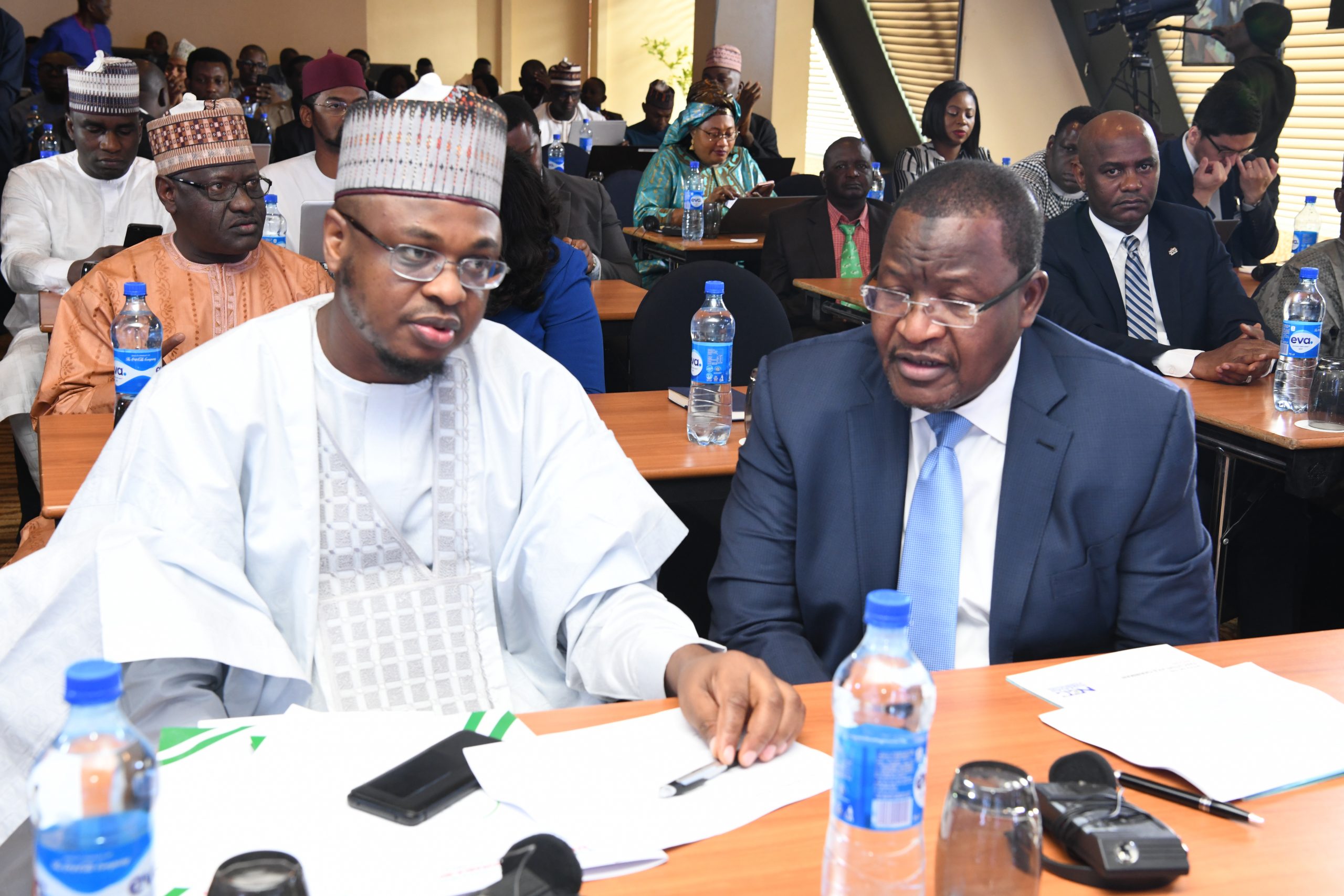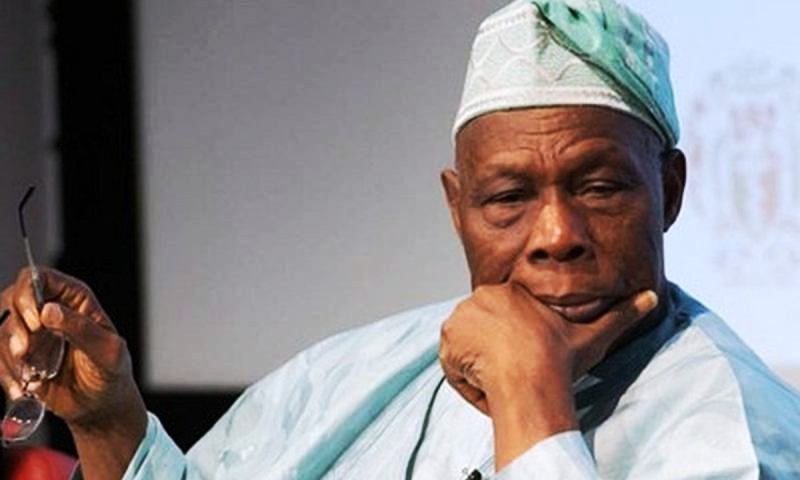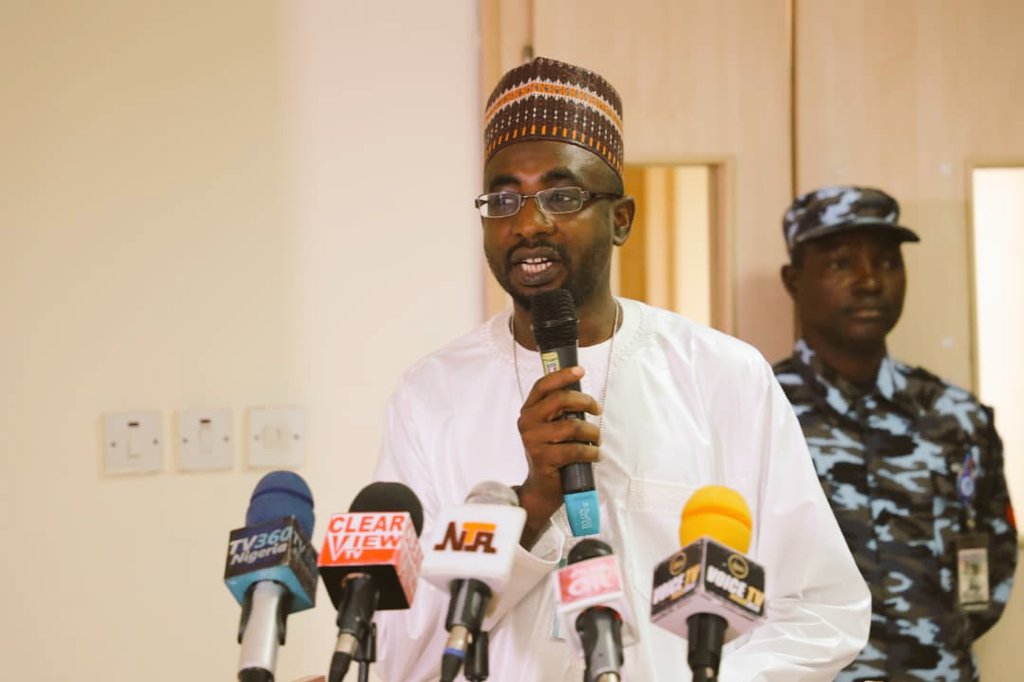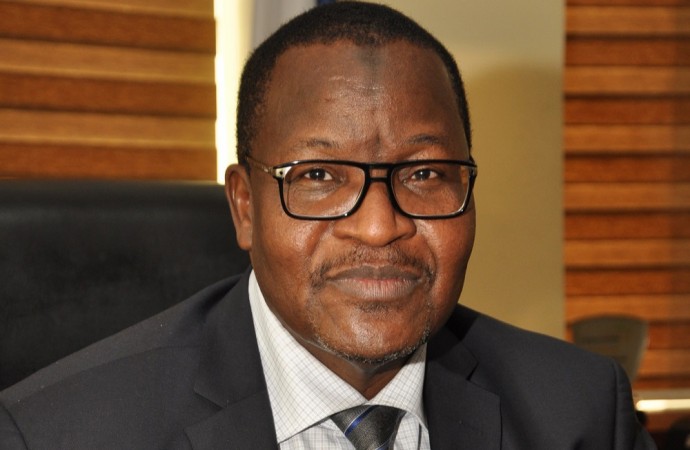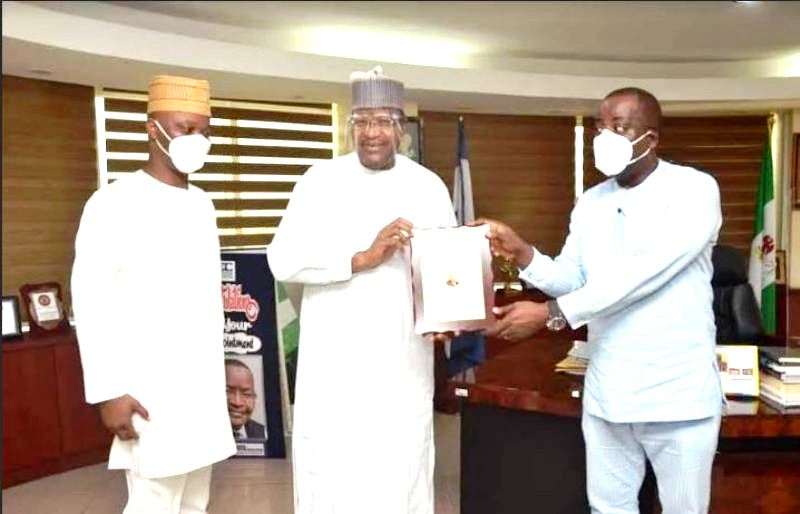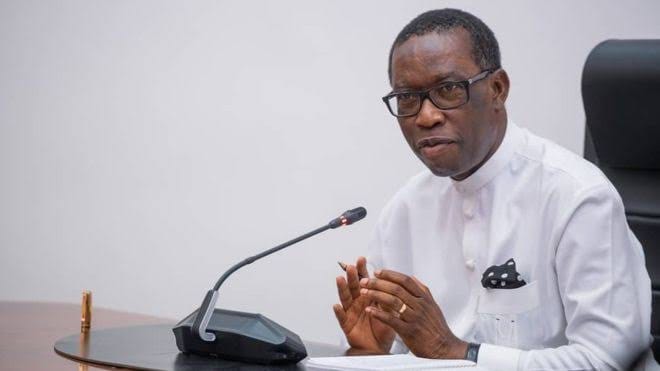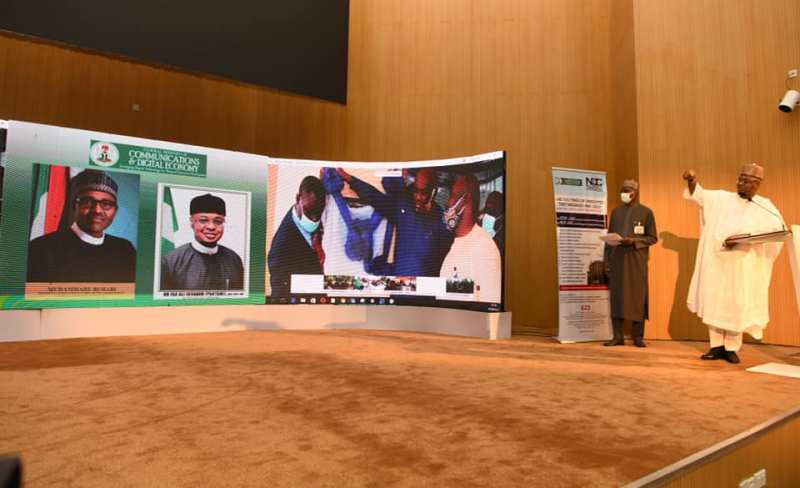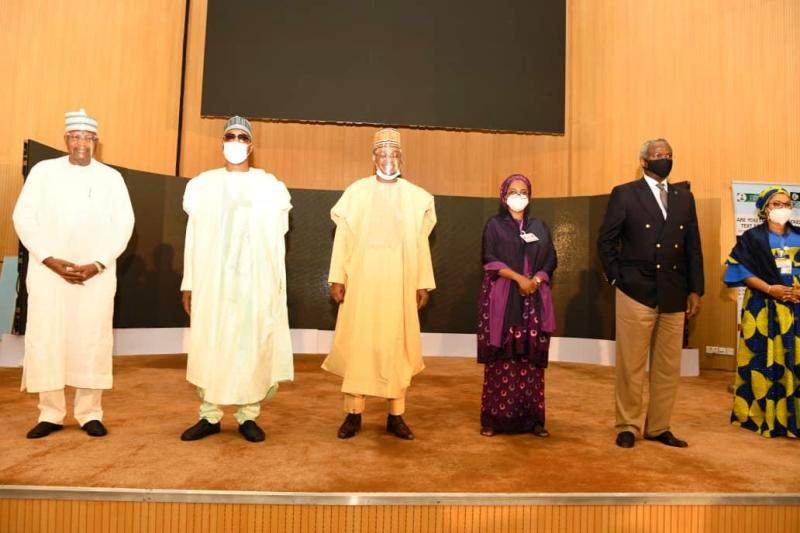Minister of Communications and Digital Economy, Dr Isa Pantami, and the Executive Vice-Chairman, Nigerian Communications Commission (NCC), Prof. Umar Danbatta, have urged ICT experts across West Africa to be ambitious towards its growth in the area.
The duo gave the push on Wednesday at the 18th Annual General Meeting (AGM) of the West African Telecommunications Regulators Assembly (WATRA), currently holding in Abuja, the Federal Capital Territory of Nigeria.
They both believed that increased regional collaboration would speed up the development of a seamless telecommunications network and infrastructure across West Africa.
They said it could be achieved through the formulation and implementation of sound regulatory policies, programmes and initiatives, thereby achieving the objectives of WATRA.
In his opening remarks, Pantami described WATRA as a strong union having 16 countries in the region.
He said that there was a tremendous advancement in the development of the telecommunications sector in West Africa with its liberalisation through the establishment of modern legal and regulatory structures for telecommunications delivery in the region.
He stated that Nigeria was the largest mobile telecommunications market in Africa, largely based on rapid development following the successful auction of Digital Mobile Licences (DML) in 2001.
He said that as at July 2020 the market served over 199 million Mobile lines, with over 150 million of those lines connected to Internet services by January 2021, which attributed to the development of policies and strategies for the Nigerian Digital Economy sector.
He noted that in recognition of the tremendous economic growth opportunities afforded by the deployment of broadband technologies and to accelerate telecommunications service delivery in Nigeria, the government through the Ministry developed the National Digital Economy Policy for a Digital Nigeria.
He, however, said that the Plan was aimed at the significant reduction of access gaps through the expansion of broadband access across the country.
“The Policy is based on eight key pillars, one of which is the development of solid infrastructure through the deployment of fixed and mobile broadband infrastructure to deepen broadband penetration in the country.
“As at the time we commenced the process of drafting the Broadband Plan, our broadband penetration in the country was just over 33 per cent.
“As a result of the implementation of the new plan, this broadband penetration significantly increased to 45.07 per cent by November 2020.
“It is noteworthy to also mention that the Nigerian telecommunications sector grew by 15.9 per cent in year 2020 from 11.41 per cent in 2019 and 11.33 per cent in 2018.
”This is making it the highest growth rate in the last 10 years. Much as these figures are impressive, we remain committed to keep implementing initiatives to increase the delivery of telecommunication services in Nigeria,” Pantami said.
Also, in his remarks, the host, Prof. Danbatta said WATRA’s potential in driving socio-economic development in the region was inestimable.
He said that the time had come for all to come together and propel WATRA to achieve its true potential in putting the region at the forefront of ICT development within the continent and engender a truly digitised regional society.
“To this end, we must come together and see our differences as strengths because at the end of the day, we all want to have a safe and thriving society devoid of poverty and strife.
“We envision societies with necessary infrastructure and services that will ensure prosperity for all our people.
“The key is “ICT” and WATRA is the best platform to pool together our huge natural and human resources to achieve exponential ICT growth which will in turn drive our economies,” he said.
The EVC, who had invited the members for a tour to the WATRA Headquarters, also expressed optimism that the provision of a befitting office for the secretariat would galvanise the assembly towards the attainment of its collective mandate.
He appreciated the efforts of the outgoing Executive Secretary, Mr El-haji Laminou, and members of the outgoing Executive Committee.
On his part, the Chairman, WATRA Exco, Charles Tontoma Milogo, from Burkina Faso, thanked the Nigerian government, through the EVC, NCC, for hosting the meeting, adding that West African countries would rise to champion ICT development in the region.
Dignitaries present at the two-day event were: The Minister of Post and Telecommunications for Liberia, Deputy Minister of Information and Communications for Sierra Leone, ECOWAS representatives and other stakeholders from West African Countries.
